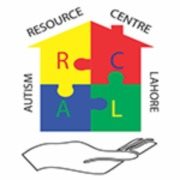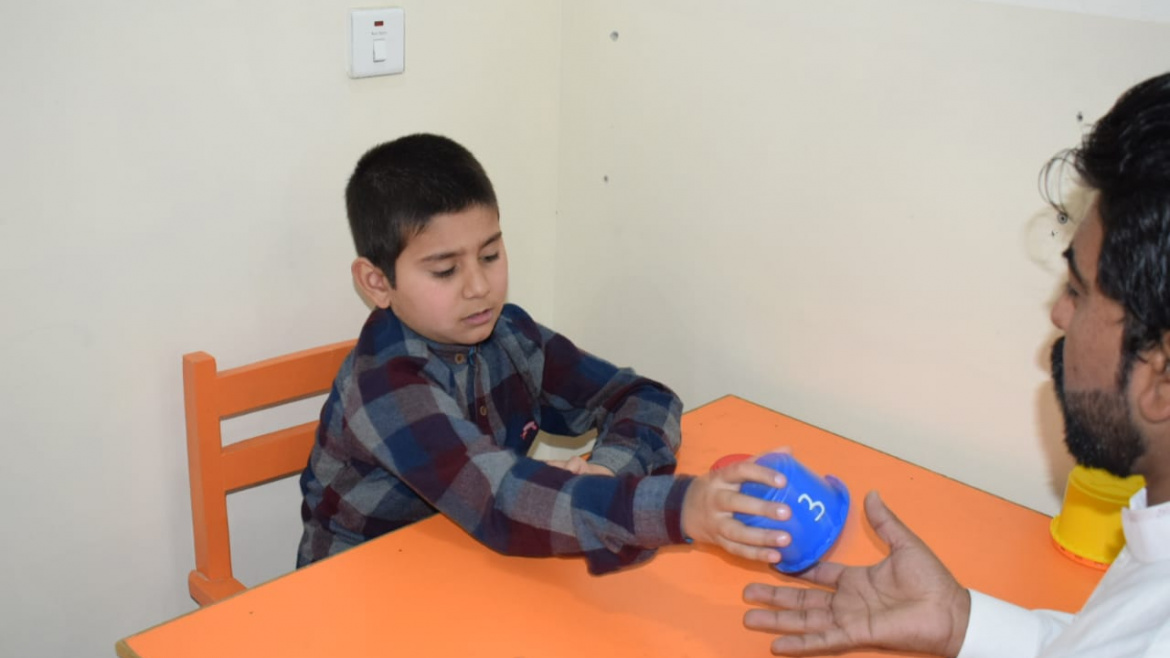While working with special needs children, you have a unique opportunity to affect a child’s quality of life. One of the ways in which you can ensure academic and personal growth in children with special needs is by creating quality IEPs. It is important to create an IEP that is clear, measurable, and strength-based in nature.
At ARCL, IEPs are individualized educational plans developed specifically for a child by a team of professionals. These IEPs are unique in that they focus on a child’s strengths, measurable goals, including non-academic goals and specify the modifications necessary for a child’s learning environment in order to ensure progress in priority areas. Breaking down goals into smaller components allows more opportunities for a child to reach those goals. When the ARCL team sets goals for working with the special needs child, they focus on SMART goals:
-
- Specific
- Measurable
- Agreed
- Realistic
- Timed
SMART goals explain in detail what a child will do, provide details about how modification or technologies will support the child and agree on a realistic time frame for the child to reach the goals.
Following assessment tools are used to assess the child developmental areas:
-
- Portage Guide Early Education Plan (PGEEP)
- Assessment of Basic Language and Learning Skills (ABLLS-R)
- Skills programs
- Sensory Profile
An IEP for a child with ASD contains multi-disciplinary goals:
-
- Attending skills
- Compliance (command following)
- Imitation skills
- Cognitive skills
- Social skills
- Language skills
- Receptive communication skills
- Expressive communication skills
- Fine motor skills
- Gross motor skills
- Sensory diet
- Play skills
- Sports
- Adaptive skills
- Academic skills
- Pre-writing skills
- Generalization

